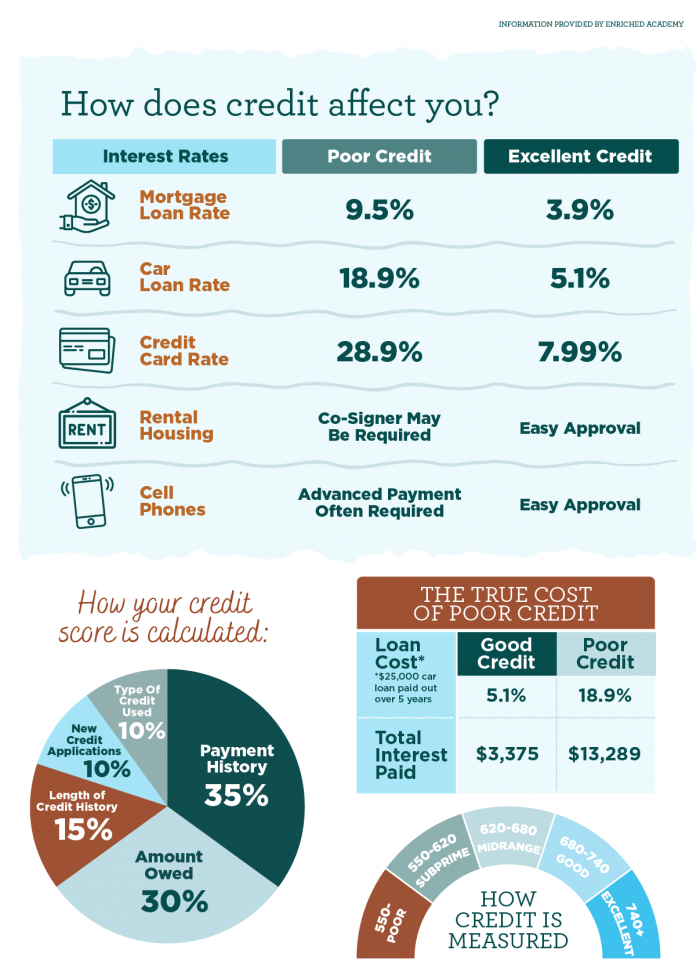Beginning January 1, 2023, non-Canadians will be subject to a two-year ban on the purchase of certain residential real estate in Canada – and anyone who knowingly helps a non-Canadian buy a house could find themselves in hot water.
In an effort to make housing more affordable, the federal government introduced the Prohibition on the Purchase of Residential Property by Non-Canadians Act (the “Act”)[1] in its 2022 budget. The act received Royal Assent as part of Bill C-19 on June 23, 2022, and is expected to come into force on January 1, 2023, prohibiting non-Canadians from directly or indirectly buying residential property in Canada for a period of two years (the “Ban”).
Broadly speaking, the Ban prohibits foreign corporations and individuals who are not permanent residents of Canada or Canadian citizens from purchasing residential real estate in Canada between January 1, 2023, and December 31, 2024. Any contractual obligations arising or assumed prior to January 1, 2023, will not be subject to the Ban.
Certain key components of the Ban have yet to be determined and will be subject to additional regulations (the “Anticipated Regulations”) expected later this year. For example, the classes of persons exempt from the Ban and whether the Ban will apply to vacant land that could be subject to residential real estate development in the future have yet to be determined, among other items.
Who Is Impacted by the Ban?
Beginning January 1, 2023, persons who meet the definition of “non-Canadian” under the Act will be subject to the Ban, including:
- corporations incorporated outside of Canada;
- corporations “controlled” by foreign corporations or individuals who are not permanent residents of Canada or Canadian citizens (with “control” to be defined in the Anticipated Regulations);
- individuals who are neither a Canadian citizen nor a permanent resident of Canada; and
- such other individuals and entities to be listed in the Anticipated Regulations.
Types of Property Affected
The Ban will apply to certain property located in Canada that meets the definition of “residential property” under the Act, including:
- detached houses or similar buildings containing three dwelling units or less;
- a part of any building that is a rowhouse, semi-detached house, residential condominium or other similar premises intended to be owned apart from other units in the building; and
- such other residential properties to be listed in the Anticipated Regulations.
Available Exemptions
Notwithstanding the Definition of “non-Canadian” set out in the Act, the Ban will not apply to the following persons:
- refugees;
- non-Canadian individuals who purchase residential real estate with a spouse or common law-partner provided that their spouse or common law-partner is a Canadian citizen, a permanent resident of Canada, a person registered as an Indian under the Indian Act, or a refugee;
- temporary residents who meet certain criteria to be prescribed in the Anticipated Regulations; and
- such other classes or persons to be set out in the Anticipated Regulations.
Penalties and Enforcement
Notably, every person or entity who contravenes the Ban and every person or entity who knowingly helps someone who is subject to the Ban buy a residential property will be guilty of an offence and liable to be fined up to $10,000. Furthermore, any directors, officers, agents, mandataries, senior officials or managers of a corporation or entity that contravenes the Ban may be held personally liable if they direct, authorize, assent, acquiesce in or otherwise participate in contravening the Ban.
If a person or entity is found guilty of an offence under the Act, the Minister will have the authority to apply to the local superior court to seek an order that the residential property be sold in accordance with the Anticipated Regulations.
Because the offence provisions under the Act are not limited solely to the purchasers of residential properties, liability may arise for a plethora of persons involved in Canada’s residential real estate industry, including sellers, real estate agents, developers, assignors, assignees, lawyers and other professionals involved in any alleged contravention of the Act.
Contractual Validity
It is important to note that a contravention of the Ban will not affect the validity of the sale of a residential property. As a result, buyers and sellers of residential property subject to the Ban will still be legally required to comply with their contractual obligations despite any contravention of the Act and, accordingly, the provisions of such contracts are still likely to be enforceable pursuant to standard legal mechanisms.
Moving Forward
Looking to the future, a variety of important details of the Ban have yet to be determined. We will know more once the Anticipated Regulations are published by the Government of Canada. However, what is clear based on the language of the Act is that those involved in the residential real estate industry will need to be cautious and make reasonable efforts to identify non-Canadian buyers and sellers who cannot utilize an available exemption under the Act.
To mitigate the risks associated with violating the Ban, developers and other persons involved in the purchase and sale of residential property in Canada may wish to consider whether the addition of protective contractual provisions to a purchase and sale agreement may be appropriate. For further information on the upcoming Ban and how the Act may affect you or your business, please contact a member of our Real Estate Group.
Note: This article is of a general nature only and is not exhaustive of all possible legal rights or remedies. In addition, laws may change over time and should be interpreted only in the context of particular circumstances such that these materials are not intended to be relied upon or taken as legal advice or opinion. Readers should consult a legal professional for specific advice in any particular situation.
[1] Prohibition on the Purchase of Residential Property by Non-Canadians Act, SC 2022, c 10, s 235 [the “Act”].
Thank you for the amazing summary. If you have any mortgage question please reach out to us using the contact form.

